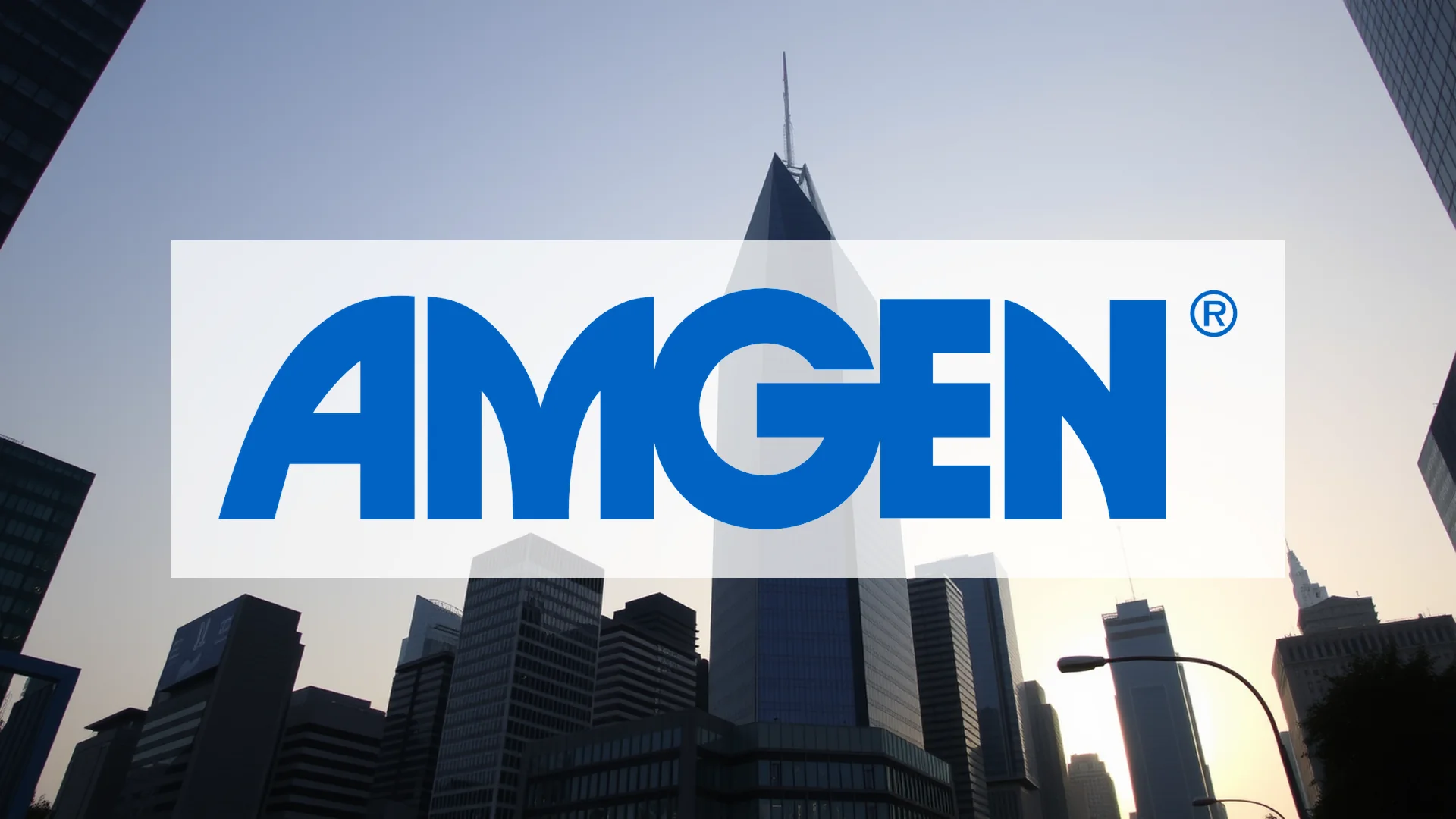The curtain has closed on Focus Financial Partners’ time as a public market darling. In a revealing presentation at the Schwab Impact conference on November 5, 2025, CEO Michael Nathanson detailed the fundamental challenges that made continuing as a publicly traded entity unsustainable, explaining why the withdrawal from public markets represented the only logical conclusion.
Freedom from Quarterly Pressures
The company’s return to private ownership through a $7 billion transaction with Clayton, Dubilier & Rice and Stone Point in 2023 liberated Focus from the constraints of public market expectations. While maintaining financial discipline around debt levels, the firm now operates without the relentless short-term stock price pressures that characterized its public existence. This strategic shift highlights a critical divergence: public and private markets assess leverage and growth potential within the financial advisory sector through entirely different lenses.
The Leverage Conundrum
Focus Financial’s expansion strategy centered on leveraged acquisitions—an approach that public investors consistently penalized. Despite the company’s ability to secure capital at attractive terms, equity markets failed to appreciate how these funds supported the strategic growth model. The high debt levels drew persistent criticism from shareholders, severely restricting the very merger and acquisition activities that drove expansion.
Should investors sell immediately? Or is it worth buying Focus?
The Organic Growth Dilemma
Market analysts presented an even greater challenge, maintaining constant pressure for clear, consistent organic growth metrics. Nathanson acknowledges that as a public entity, Focus never managed to provide reliable guidance on organic growth. This unending requirement to justify performance beyond acquisition-driven expansion proved ultimately unsustainable.
The company’s tenure as a public enterprise reveals several key lessons:
- Public markets significantly constrain leverage-based strategies
- The demand for precise organic growth forecasts remains relentless
- Clayton, Dubilier & Rice acquired Focus at $53 per share—a 36% premium to the average stock price over the previous 60 trading days
- As a private company, Focus now targets organic growth between 5% and 7%
The transition to private ownership has enabled Focus to pursue its strategic objectives without the quarterly performance scrutiny that complicated its public market operations, allowing management to focus on long-term value creation rather than short-term market reactions.
Ad
Focus Stock: Buy or Sell?! New Focus Analysis from February 8 delivers the answer:
The latest Focus figures speak for themselves: Urgent action needed for Focus investors. Is it worth buying or should you sell? Find out what to do now in the current free analysis from February 8.
Focus: Buy or sell? Read more here...










